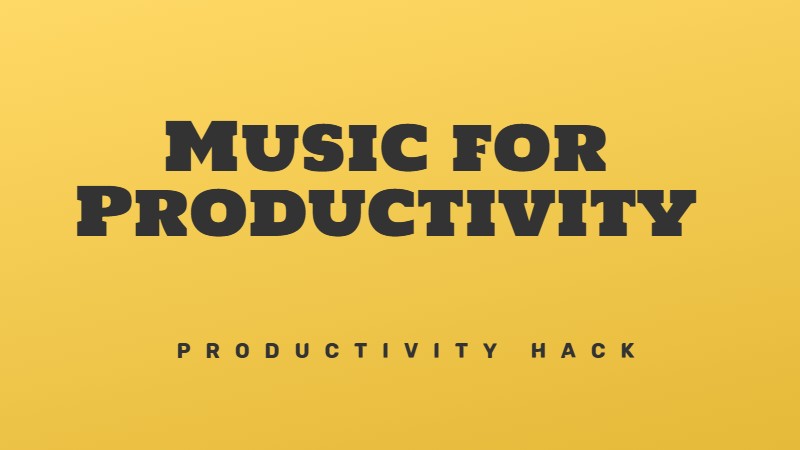In the summer of 1998, while the world watched the Clinton scandal unfold and Google took its first steps in a garage, a group of college graduates sat in the Texas heat listening to Kurt Vonnegut. Most of what he said that day has been forgotten, but one story about his Uncle Alex and a glass of lemonade carries a truth that is more valuable now than ever before.
Stop chasing happiness and start noticing.
Story
In 1998, Kurt Vonnegut gave the commencement speech at Rice University. One passage stands out:
Up to this point this speech has been new stuff, written for this place and this occasion. But every graduation address I’ve delivered has ended, and this one will, too, with old stuff about my Uncle Alex, my father’s kid brother.
A Harvard graduate, Alex Vonnegut was locally useful in Indianapolis as an honest insurance agent. He was also well-read and wise. One thing which Uncle Alex found objectionable about human beings was that they seldom took time out to notice when they were happy.
He himself did his best to acknowledge it when times were sweet. We could be drinking lemonade in the shade of an apple tree in the summertime, and he would interrupt the conversation to say, “If this isn’t nice, what is?”
So, I hope that you Adams and Eves in front of me will do the same for the rest of your lives. When things are going sweetly and peacefully, please pause a moment, and then say out loud: “If this isn’t nice, what is?”
There are several beautiful layers to unpack here:
We must train ourselves to notice and appreciate these moments of grace when they appear. They are everywhere: the sudden warm breeze, a moment of peace after chaos, a brief connection with a stranger. These moments always pass through our lives but often slip by unappreciated unless we consciously acknowledge them.
Saying, “If this isn’t nice, what is?” is a powerful tool for cultivating gratitude and presence in our daily lives. It’s a verbal bookmark in time, telling our brains:
“Pay attention. This is one of the good moments. Remember this!”
Maybe it’s the first sip of coffee in the quiet early morning. The sound of our child’s laughter. A stunning pink and orange sunset. The satisfaction of a challenging workout. The cosy comfort of reading in bed at night.
These small moments won’t make headlines. They won’t earn accolades. But when we pause to acknowledge them consciously, we realize how abundant joy and beauty are in our lives. We shift from a mindset of scarcity and longing to one of fullness and appreciation.
If you take just a few seconds to pause and recognize a moment of happiness every day those seconds will start to add up. You’d accrue a collection of small joys to reflect back on. You’d rewire your brain to seek out more beauty and pleasure.
Chasing future happiness keeps joy always at arm’s length. But by noticing the good that’s already here inside these ordinary moments, we can access a deep well of contentment that never runs dry.
The next time you’re laughing with a friend, coming home to a purring cat, or biting into a perfectly ripe peach, take a cue from Vonnegut’s Uncle Alex. Pause, smile, and acknowledge: “If this isn’t nice, what is?” That simple acknowledgement may lead to a richer, happier, and more joyful life.




Leave feedback about this